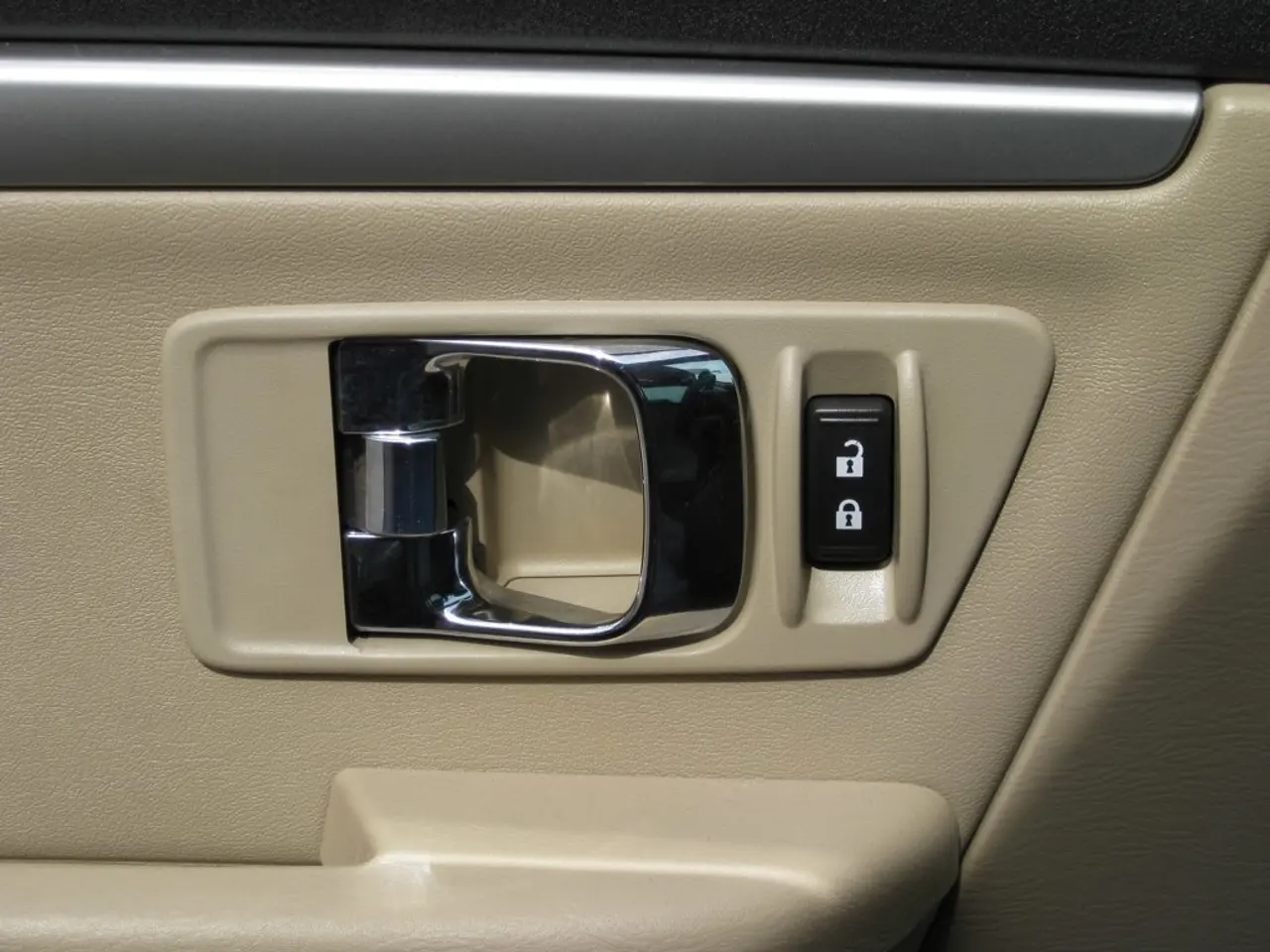Robotic entity named Mornin phenomena in automobile door-opening incidents
In a groundbreaking development, Chinese robotics company AiMoga has introduced a humanoid robot named "Mornine." This innovative machine, priced at $5,900, is making waves in the field of robotics and artificial intelligence, demonstrating advancements in autonomous interaction and physical object manipulation.
"Mornine" is equipped with an impressive array of onboard sensors, including vision, force, and proprioception, which enable it to perceive and interact with its environment independently. The robot's unique learning method, end-to-end reinforcement learning, trains it from raw sensory input to output motor commands, allowing it to adapt and learn complex tasks like opening a car door autonomously.
This sophisticated integration of perception, decision-making, and control has been demonstrated in a live dealership environment, where "Mornine" has successfully opened car doors without any external guidance or pre-programmed motions. This milestone marks a significant step forward for humanoid robotics in practical autonomous interaction.
Beyond opening doors, "Mornine" is also tasked with greeting customers, presenting vehicle models, and delivering smaller items. The ability to interact with physical objects underscores its potential in real sales situations.
AiMoga views "Mornine" as an important step towards establishing human-like machines as assistant systems in retail. The company's CEO is quoted as saying, "Opening a car door may seem simple, but in robotics, it marks a shift: from simulation to service, from command to ability."
The potential applications of "Mornine" extend beyond car dealerships. As human-like machines are seen as potential assistant systems, their use could potentially expand to other retail industries.
"Mornine" uses 3D LiDAR, depth and wide-angle cameras, and a visual language model (VLM) for sensing and recognising the position and status of a car door in real-time. The robot is controlled solely by its own sensors, body-based movement control, and end-to-end reinforcement learning.
As "Mornine" continues to be put into practical use in several Chery Group car dealerships in China, it serves as a symbol of luxury and advanced technology, much like being attended by a butler, hotel page, or bodyguard in the future. The availability of such robots at a relatively low price point could make it more accessible for businesses to adopt humanoid robots as assistant systems.
"The integration of advanced technologies such as 3D LiDAR, depth and wide-angle cameras, and a visual language model (VLM) in 'Mornine' showcases the role of technology in enhancing the capabilities of humanoid robots for practical autonomous interaction."
"With its unique learning method, end-to-end reinforcement learning, 'Mornine' is set to revolutionize various retail industries, not only providing assistance in car dealerships but potentially aiding in education, customer service, or any task requiring complex physical object manipulation and autonomous interaction."




